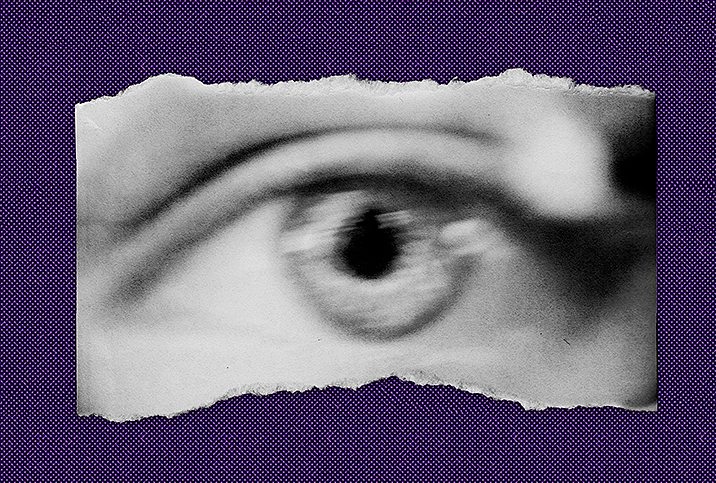MDMA Could Change the Way We Treat PTSD

Researchers have released encouraging new Phase 3 trial data on treating post-traumatic stress disorder (PTSD) using the psychoactive drug MDMA. If results continue along this positive trajectory, this research project could revolutionize the way we look at treating PTSD and other psychiatric issues.
Although MDMA is probably best known as a party drug—often referred to as ecstasy or molly—it's only one among many psychedelic substances that hold therapeutic promise. The study's authors hope their work might change the conversation around experimental treatments using MDMA and other drugs like psilocybin mushrooms and LSD, which have long been considered little more than recreational psychedelics.
What is PTSD and why MDMA?
Post-traumatic stress disorder is often poorly understood, but it affects millions of people, all with a common denominator: exposure to direct or witnessed trauma. The U.S. Department of Veterans Affairs estimates that some 7 to 8 percent of Americans will experience PTSD at some point in their lives. What's more, up to a third of people diagnosed with PTSD are still symptomatic 10 years after their initial diagnosis.
Researchers have long suspected that the overwhelming sensations of emotional warmth, safety and connectedness people get from MDMA could be leveraged into talk therapy breakthroughs for people with deep emotional scarring, such as that seen in PTSD sufferers.
The MAPS/UCSF study
A breakthrough PTSD/MDMA study was published in the May 2021 issue of the journal Nature Medicine, led by neuroscientist Jennifer Mitchell of the University of California, San Francisco. Mitchell and her team were also given support by a group called the Multidisciplinary Association of Psychedelic Studies (MAPS). MAPS is a diverse coalition of researchers from various disciplines that has been at the vanguard of research into MDMA's efficacy in a therapeutic setting for decades.
The research team recruited 90 participants who suffered from severe, chronic PTSD due to a variety of traumatic causes such as sexual abuse, combat and physical violence. The participants were then split into two groups, one of which was given MDMA treatment under controlled conditions, and the other given a placebo. Both cohorts received talk therapy treatment several times per week as well.
The results were stunning: After two months, 67 percent of the participants in the group that received the MDMA treatment no longer met the criteria for being diagnosed with PTSD. Just 32 percent of the control group no longer fit the diagnostic criteria for PTSD.
It's important to note that the research participants came to the study with an open mind. On average, they had each struggled with PTSD for 14 years and had shown resistance to current treatment regimes.
Further, the study's authors reported no significant adverse side effects to the drug apart from mild nausea and sweating. There was zero increase in suicide risk and no potential for abuse detected when compared to the placebo group.
What's next
The trial data are the first Phase 3 results to be published on a psychedelic-drug-based therapy in the U.S. If all goes well on a corroborating study that's already underway involving 100 PTSD survivors, it will trigger a review by the Food and Drug Administration (FDA). That means FDA approval for making MDMA treatment available in public clinics could happen as soon as 2023.
But even that historic step could be just the first. Currently, there are studies underway examining the potential for using MDMA to treat alcoholism, eating disorders, anxiety about end-of-life issues in terminal cancer patients and social anxiety in adults with autism.
If the ongoing studies involving MDMA indicate what Mitchell's UCSF/MAPS study has shown, her research could be hailed one day as a pioneering moment in treating formerly intractable mental health problems. For people suffering from PTSD, that day can't come soon enough.


















